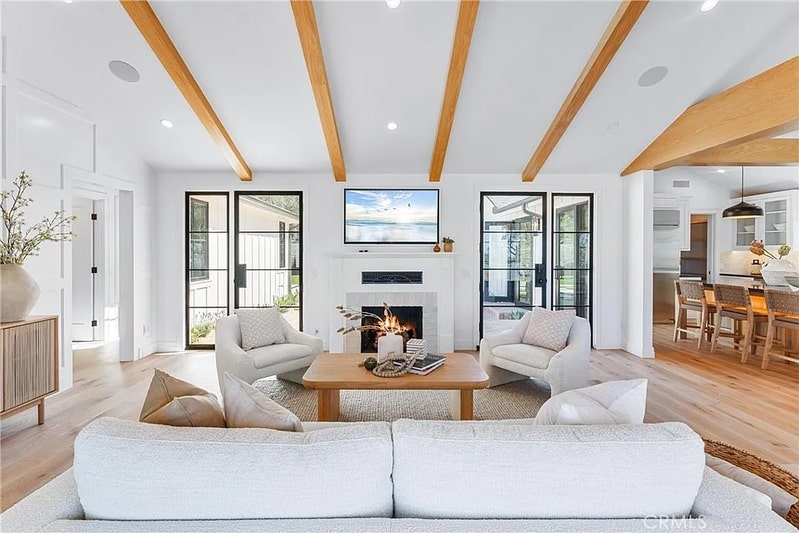EXPERT TIPS TO MAKE YOUR DREAM HOME A REALITY
Buying your first home is one of the most exciting and significant milestones of your life. But it can also be intimidating, with so many steps, terms, and decisions to make. Whether you’re starting from scratch or already browsing listings, this comprehensive guide is here to help you every step of the way.
At Shany Homes, we specialize in guiding first-time buyers through this journey, ensuring that you feel confident and well-informed. From securing a mortgage to understanding the intricacies of home inspections, this guide will provide actionable tips for each stage of the home-buying process.
Ready to get started? Contact Shany Homes today for personalized guidance on buying your first home, or explore our latest listings on shanyhomes.com.
Assess Your Financial Readiness
BUDGETING FOR YOUR FIRST HOME PURCHASE
One of the first—and most critical—steps for first-time homebuyers is determining how much home you can afford. To do this, you’ll need to look at your current financial situation, including income, debts, savings, and credit score.

Tips for Assessing Your Financial Readiness:

- Lenders often use your DTI ratio to determine how much mortgage you can qualify for. Ideally, your DTI should be below 36%, but different lenders may have varying requirements.

- For most first-time buyers, saving for a down payment is one of the biggest hurdles. Aim to save at least 20% of the home’s purchase price to avoid private mortgage insurance (PMI). However, some first-time homebuyer programs offer lower down payment options.

- Don’t use all your savings on the down payment—ensure you have enough money set aside for unexpected repairs and maintenance once you own the home.

Understand Mortgage Options & Get Pre-Approved
KNOWING YOUR MORTGAGE TYPES
Before diving into the home search, it’s essential to understand your mortgage options. Not all loans are created equal, and the right one for you will depend on your financial situation and future plans.
Types of Mortgages for First-Time Homebuyers:
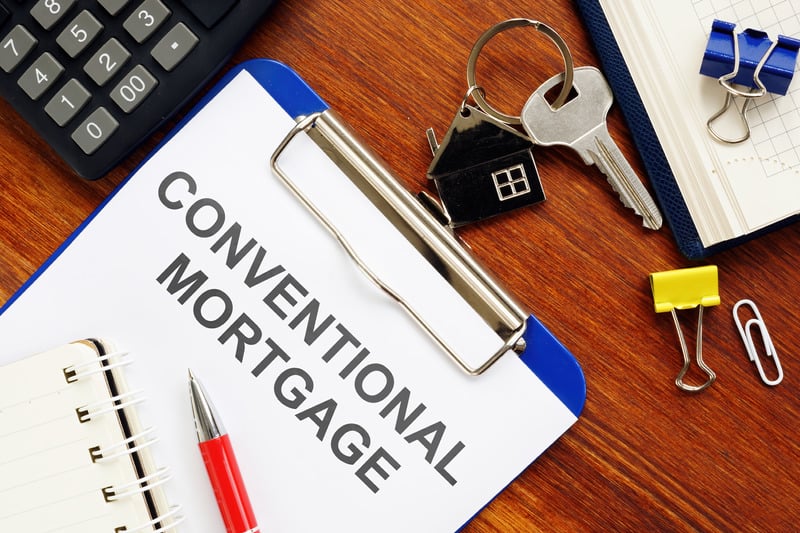
- These are the most common types of mortgages, typically requiring a 20% down payment. However, some conventional loans allow for smaller down payments, as low as 3% for first-time buyers.

- These are government-backed loans that are popular among first-time homebuyers due to lower credit score requirements and a down payment as low as 3.5%.
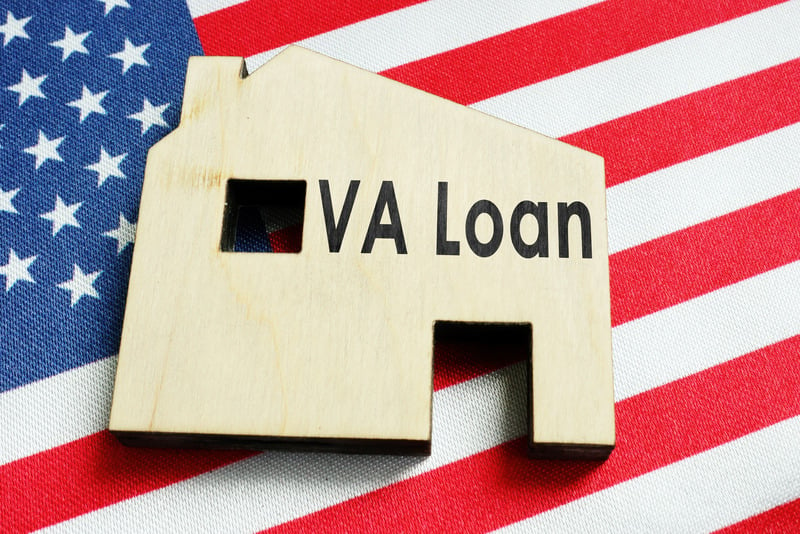
- If you’re a veteran, service member, or qualifying military spouse, a VA loan allows you to buy a home with no down payment and favorable interest rates.

- These loans are available for rural and suburban homebuyers and require no down payment.
Get Pre-Approved for a Mortgage:
Once you’ve researched mortgage types, getting pre-approved is the next critical step. Pre-approval shows sellers you’re a serious buyer and helps you understand your exact budget.
Research Your Desired Location
FINDING THE RIGHT NEIGHBORHOOD
When buying your first home, location is just as important as the house itself. Take time to research neighborhoods based on your lifestyle, commuting needs, and long-term plans.

Tips for Choosing the Right Location:

- Consider your commute to work, as well as proximity to schools, shopping centers, parks, and healthcare facilities.

- Use online resources to check crime rates and safety statistics in different areas.

- Look for neighborhoods with rising property values and potential for development. This could mean a higher return on investment (ROI) when you eventually sell.
Spend time walking through neighborhoods, visiting at different times of day, and talking to locals. This will give you a feel for the area and help you assess whether it’s the right fit for your lifestyle.
Start House Hunting with Realistic Expectations
HOW TO PRIORITIZE YOUR NEEDS VS. WANTS
It’s easy to get carried away when you start browsing listings, but it’s important to distinguish between your must-haves and your nice-to-haves. Creating a list of both will keep you focused and help you avoid falling for a home that isn’t a good fit.

Tips for Prioritizing Your Home Search:
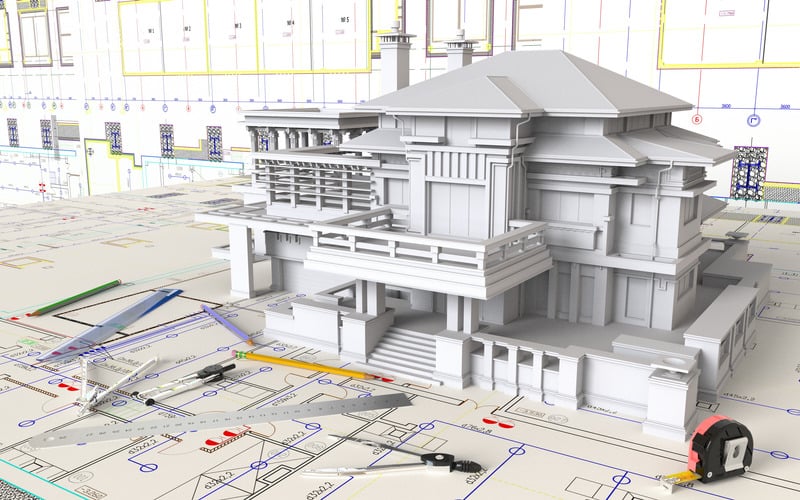
- Consider how much space you need now and in the future. Think about the number of bedrooms, bathrooms, and any extra space for home offices or guests.

- Older homes may come with charm but could also need costly repairs. Weigh the pros and cons based on your budget and willingness to renovate.

- Even though this is your first home, you should consider how easy it will be to sell down the road. Homes in desirable neighborhoods or with modern upgrades typically sell faster.
Working with a real estate agent who understands the market can help you identify properties that meet your criteria while staying within your budget.
Don’t Skip the Home Inspection
WHY A HOME INSPECTION IS CRITICAL FOR FIRST-TIME BUYERS
A home inspection is a crucial part of the home-buying process, especially for first-time buyers. Skipping this step can result in costly surprises down the road. The inspection will provide an in-depth analysis of the home’s condition, allowing you to make an informed decision.
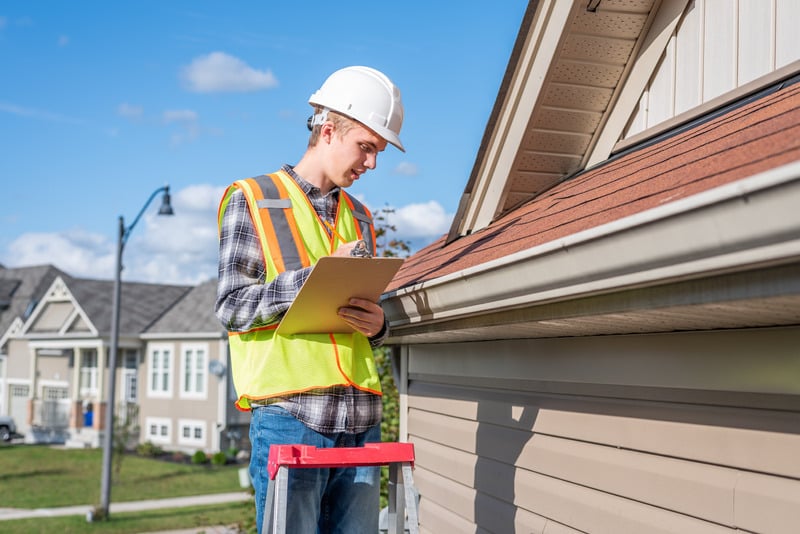
What to Expect in a Home Inspection:

- The inspector will check the foundation, roof, walls, and windows for any major structural problems.

- Ensure that the plumbing is in good condition and that electrical systems are up to code.

- Be on the lookout for infestations or mold growth, which could affect your health and the home’s value.
If significant issues are found, you can negotiate repairs with the seller or even back out of the deal without losing your deposit.
Be Prepared for Closing Costs and Hidden Expenses
UNDERSTANDING THE TRUE COST OF BUYING A HOME
First-time homebuyers are often surprised by the additional costs associated with closing a real estate transaction. Beyond the down payment, you’ll need to budget for closing costs, which typically range from 2% to 5% of the home’s purchase price.
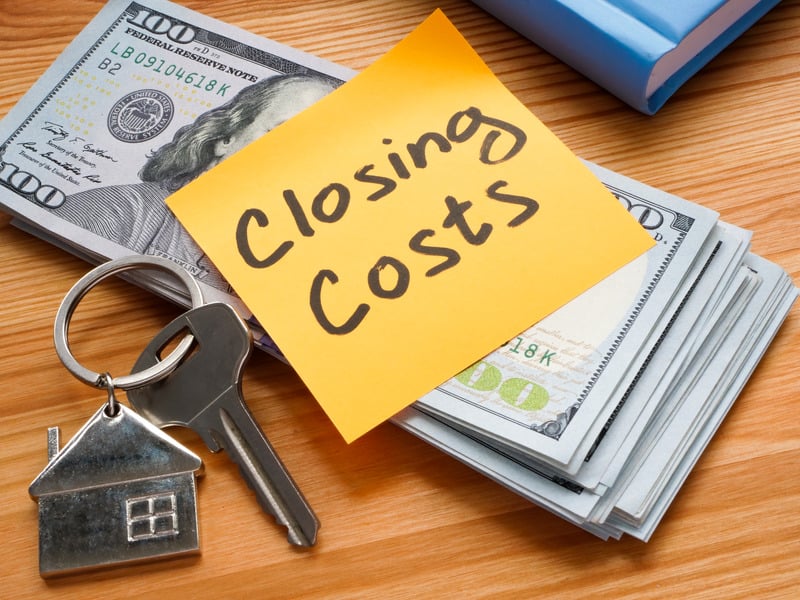
Common Closing Costs for First-Time Buyers:

- Lenders require an official appraisal of the home’s value.

- This protects you and the lender from any future legal disputes over the ownership of the property.

- Depending on when you close, you may be responsible for a portion of the year’s property taxes upfront.

- Most lenders require proof of insurance before closing.
In addition to these closing costs, don’t forget about the ongoing expenses of homeownership, such as utility bills, maintenance, and possible homeowners association (HOA) fees.

Take Advantage of First-Time Homebuyer Programs
FINANCIAL ASSISTANCE AND GRANTS FOR FIRST-TIME BUYERS
Many first-time homebuyers are eligible for special programs that make buying a home more affordable. These programs often offer grants, low-interest loans, or tax breaks, which can reduce your upfront costs or lower your monthly payments.
Popular First-Time Homebuyer Programs:

- FHA loans are available nationwide, including Southern California. They are popular for first-time buyers across the state due to their lower credit score requirements and smaller down payment.
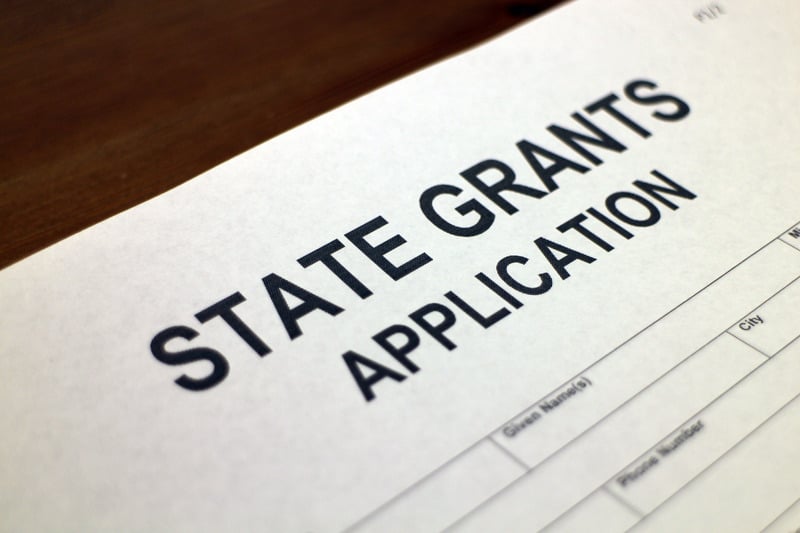
- California offers several programs to assist first-time homebuyers, such as the California Housing Finance Agency (CalHFA), which provides down payment and closing cost assistance. Additionally, local municipalities in Southern California may offer their own grants or incentives.

- This is a national program available to eligible buyers, including in Southern California. Teachers, law enforcement officers, firefighters, and EMTs can receive discounts when purchasing homes in designated areas.
Check with your lender or real estate agent to see what programs are available in your area.
Secure Homeowners Insurance
PROTECTING YOUR INVESTMENT
Before you can close on your new home, you’ll need to purchase homeowners insurance. This coverage protects your investment by covering damage to the property, personal liability, and theft.
- Compare Insurance Quotes: Shop around to find the best rates and coverage options. Don’t just choose the first policy you come across—comparing quotes could save you hundreds of dollars.
- Bundle with Other Insurance: Many insurance companies offer discounts if you bundle your homeowners insurance with other policies, like auto insurance.
Make sure your coverage limits match the value of your home and personal belongings.


Plan for the Future with Long-Term Maintenance
MAINTAINING AND IMPROVING YOUR FIRST HOME
Owning a home comes with ongoing responsibilities. Creating a maintenance plan will help you avoid expensive repairs and keep your property in good

